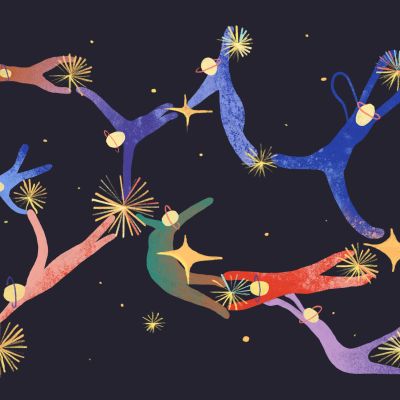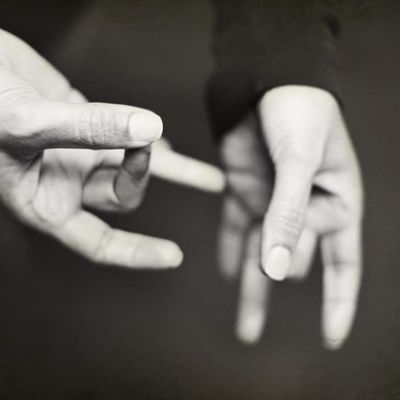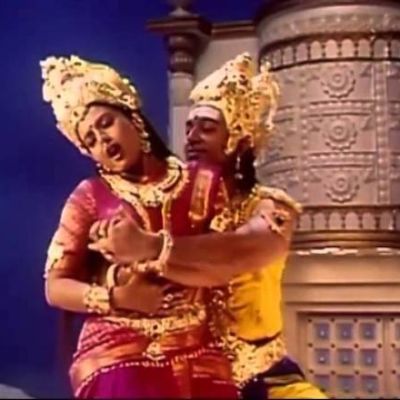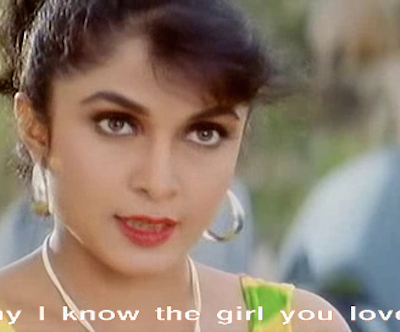Vani Viswanathan
There are individuals, collectives and organisations that are doing their best to create an ecosystem that supports the education of children on gender, sexuality, health, consent, safety, relationships, self-esteem and confidence in themselves.
Marriage also feels complicated when one approaches it through the lens of feminism. Marriage throws in two people and often their families into a system designed to perpetuate patriarchy, subjugate women, and bind men and women (in heteronormative marriage) into strict roles in the marriage.
हमारा मानसिक स्वास्थ्य सिर्फ़ हमारी इकलौती ज़िम्मेदारी नहीं है बल्कि उन संस्थाओं और व्यवस्थाओं की भी ज़िम्मेदारी है जिनका हम हिस्सा हैं। इसलिए हमारी सेहत और ख़ुशहाली बनाए रखने के लिए इनका योगदान ज़रूरी है।
समाज में स्वीकृत शादियों को एक तरह से यौनिकता के जश्न के तौर पर देखा सकता है, कम से कम यौनिकता के उन पहलुओं का जिन्हें समाज जायज़ मानता है – जैसे समाज-स्वीकृत यौन संबंध और प्रजनन।
समय के साथ-साथ अब मैं जान चुकी हूँ कि उनके इस उलाहने में ‘घर’ का मतलब सिर्फ वो जगह नहीं है जहां मेरे माता-पिता रहते हैं, बल्कि इसका मतलब उन सभी व्यवहारों और मान्यताओं से है जिनकी अक्सर माता-पिता अपने बच्चों से उम्मीद करते हैं।
Marriage also feels complicated when one approaches it through the lens of feminism. Marriage throws in two people and often their families into a system designed to perpetuate patriarchy, subjugate women, and bind men and women (in heteronormative marriage) into strict roles in the marriage.
The pandemic has put us through interesting times, to say the least – of reflecting, learning, realigning, thinking about what really matters, a time to pause and care for ourselves with kindness. At TARSHI, we’re just delighted to have been able to do the same – while also sharing something of what we’ve learnt with you.
In a recent class, I asked Kanika and Tincy, our ISL teachers, how we could sign sexuality, and they asked, “How do you explain sexuality?” I wondered how I could sign ideas like attraction, pleasure, gender, values, and so on, but tried nevertheless, using my limited vocabulary, apologetic about being reductive.
Personally, I don’t know if it’s because of how Instagram has evolved, or the people using it, or, well, me. Among its most wonderful sights – jaw-dropping beautiful travel destinations; delicious-looking home-cooked South Indian food neatly arranged on a stainless steel plate; doodles and handicraft – what I love about the platform is watching people, mostly women, dressed up.
I found The Butterfly Effect fascinating; it was wonderful to see discussions around porn without a singular lens of exploitation, and to tease out the nuances of how porn can be helpful – as in the case of those who request customs – or not
Over time, I realised that ‘home’ meant not just the physical and emotional space occupied by my parents, but also a set of practices or strictures, mostly dictated by parents, related to gender roles, religion, sex, marriage, friendships and ‘appropriate’ behaviour.
Language is central to how we think about concepts and ideas, and rights-based language matters enormously when we talk about sexuality. However, much of what many of us know about sexuality-related topics is constructed, explained and communicated solely in English.
A few days ago, we were doing a self-reflective exercise at work on what gives us power, how we demonstrate power, and what (or who) has power over us. Surprisingly, but not much, I found money featuring across the board for me: be it through financial independence or financial constraints. Power, as exercised by me or as exercised over me, has been intricately tied with my sexuality – ranging from job options to travel decisions to reproductive choices – and money seemed to lord over it all. It wasn’t the only lord, but it was quite a powerful lord.
Don’t women lust after male bodies, don’t women fantasise? While examples abound of women chasing men, it is usually for the latter’s ‘good’ qualities – he’s brave, he’s handsome, he’s strong, he will protect, and yes, by-the-by, and it’s totally not on her mind, he has a sexy body.
Just this morning, I got an alert on my phone from an app with a grey icon that brims with seriousness; in a no-nonsense way, it announced: PMS is coming up.












